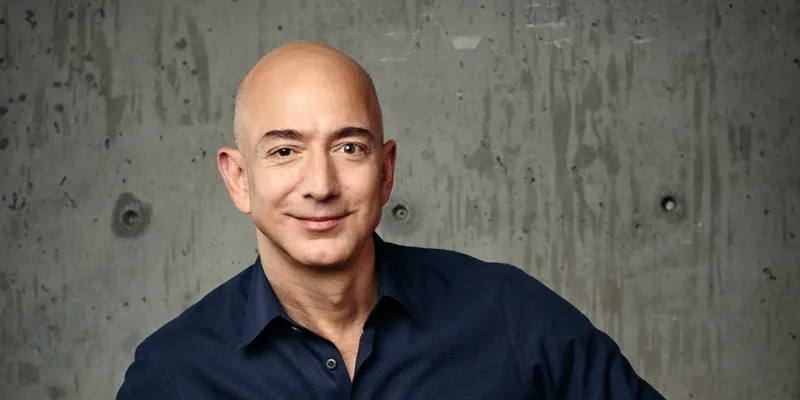Jeff Bezos' letter to shareholders reveals third-party sellers are giving Amazon a run for its money
Although Bezos does not specifically speak about the Antitrust law aspect, he puts across the point that it was Amazon’s vision and innovation which ensure the growth of these retailers over the years.
The world’s richest man is concerned about his global e-tailing business. Amazon Founder-CEO Jeff Bezos, in his annual letter to the shareholders, revealed that the third-party sellers on the ecommerce platform are giving it a run for its money.
Third-party sales have grown from 3 percent (in 1999) of the total to 58 percent (in 2018). “To put it bluntly: Third-party sellers are kicking our first party butt. Badly,” writes Bezos.
Meanwhile, the letter adds, the same period has also seen the $1 trillion company's first-party (retail) business growing dramatically, from $1.6 billion in 1999 to $117 billion in 2018.
But there is a twist.
Unlike in India, where FDI is not allowed in ecommerce marketplaces and Amazon functions as a marketplace, its largest market – in the US – is a hybrid of marketplace and retail. Democratic presidential candidate Elizabeth Warren has been actively campaigning for a system (like in India) which will restrict companies including Amazon from becoming players on their platforms.
Instead, they will be deemed as “platform utilities” – vis-a-vis the US Antitrust Law, which regulates huge corporates to ensure fair competition for the benefit of consumers.
Although Bezos did not specifically speak about this, he puts across the point that it was Amazon’s vision and innovation, which ensured the growth of these retailers over the years. Explaining why independent sellers could grow faster than Amazon’s own highly organised first-party sales organization, Bezos says,
“We helped independent sellers compete against our first-party business by investing in and offering them the very best selling tools we could imagine and build.”

Jeff Bezos, Amazon Founder and CEO.
Also read: One year on, Alexa is the new ‘Desi Girl’
Amazon's milestones in 2018
The letter goes on to shed light on Amazon’s other milestones over the past year across their various products/offerings - including Amazon Web Services (AWS), Amazon Go, Alexa, Echo, SageMaker, etc.
Bezos highlights how Alexa’s ability to understand requests and answer questions have improved by more than 20 percent.
He writes, "Developers doubled the number of Alexa skills to over 80,000, and customers spoke to Alexa tens of billions more times in 2018 compared to 2017. The number of devices with Alexa built-in more than doubled in 2018. There are now more than 150 different products available with Alexa built-in, from headphones and PCs to cars and smart home devices. Much more to come!”
In 2018, Amazon raised its minimum wage to $15-an-hour for all full-time, part-time, temporary, and seasonal employees across the US. Bezos claims that this wage hike benefited more than 250,000 Amazon employees, as well as over 100,000 seasonal employees who worked at Amazon sites across the country last holiday.
“We strongly believe that this will benefit our business as we invest in our employees. But that is not what drove the decision… We did it because it seemed like the right thing to do,” he says.
The catch, however, is his challenge to Amazon’s competitors:
“Today I challenge our top retail competitors (you know who you are!) to match our employee benefits and our $15 minimum wage. Do it! Better yet, go to $16 and throw the gauntlet back at us. It’s a kind of competition that will benefit everyone.”
Well, nobody disagrees on that, Jeff.
Also read: Flipkart, Amazon, and OYO are the most preferred workplaces in India: LinkedIn report







